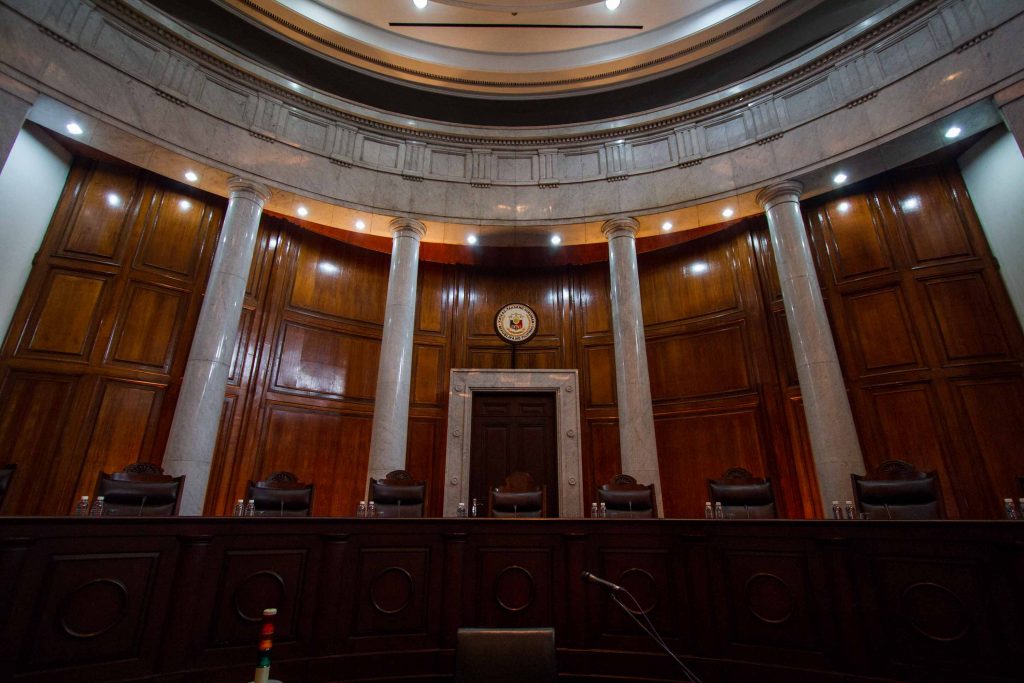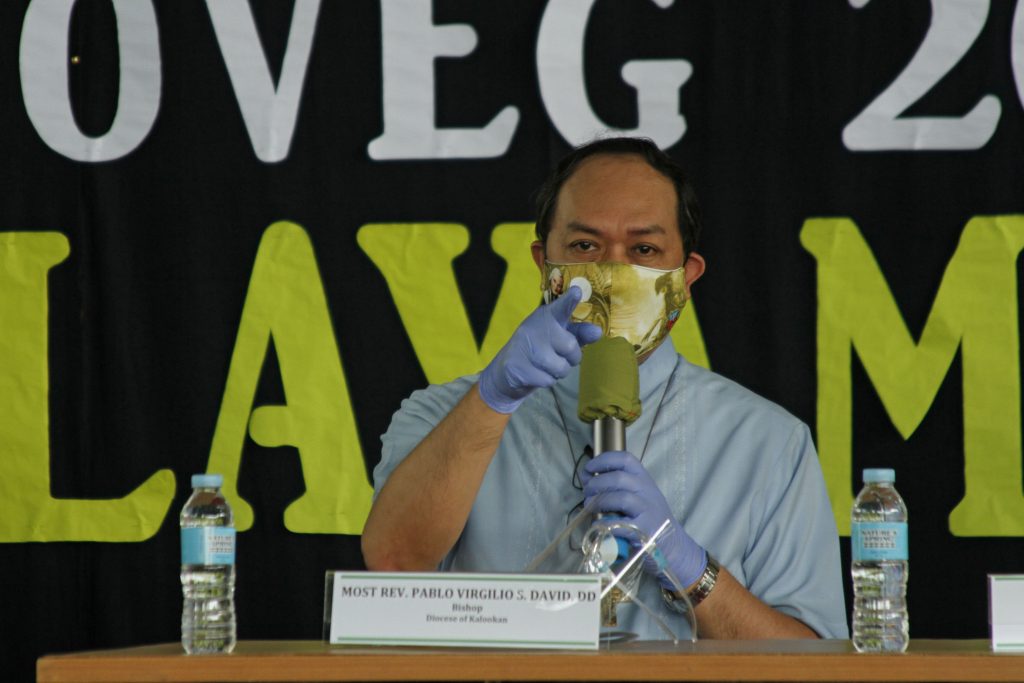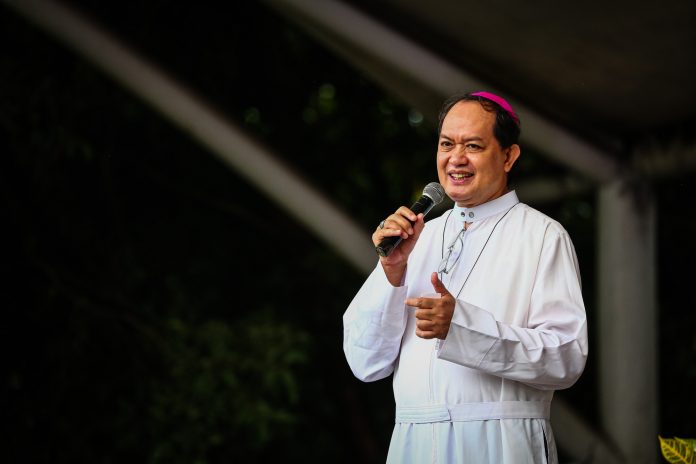An official of the Catholic bishops’ conference welcomed the decision of the Philippine Supreme Court upholding human rights in acquitting a person of drug charges this week.
Bishop Pablo Virgilio David of Kalookan, acting president of the bishops’ conference, said it’s about time the nation hears from the magistrates what the people have been saying “with muffled voices.”
“Bravo, Supreme Court,” said the prelate.
“Now the words are written by our own Supreme Court Justices, who, thankfully, are mustering the courage to behave as an independent and co-equal branch of government in a supposedly democratic nation,” said Bishop David.
In a recent decision released to the media this week, the Supreme Court en banc ordered the immediate release of suspect Jerry Sapla who was arrested on Jan. 10, 2014 for possession of marijuana leaves.
The arrest was made based on an anonymous call and text message about the transport of marijuana from the province of Kalinga in the northern Philippines and the description of the person carrying it and the vehicle he was in.
Upon seeing Sapla, who fits the description based on the message, authorities asked the man about the sack in front of him. Sapla admitted it was his. He opened it upon instructions from the police revealing several marijuana bricks inside.
Sapla was arrested and was eventually convicted by the Regional Trial Court in the city of Tabuk. The lower court’s decision was affirmed by the Court of Appeals.

In its decision upon review of the case, the Supreme Court acquitted Sapla because he was nabbed on an invalid search. The high court said warrantless police searches and seizures based solely on unverified anonymous tips are not valid.
“This Court will not sit idly by and allow the Constitution to be added to the mounting body count in the State’s war on illegal drugs,” read the Supreme Court decision written by Associate Justice Benjamin Caguioa.
The court ruled that the suspects’ constitutional rights against illegal searches and seizures were violated by the police.
“A battle waged against illegal drugs that tramples on the rights of the people is not a war on drugs, it is a war against the people,” added the court.
Petitions are pending before the Supreme Court questioning the legality of President Rodrigo Duterte’s “war” against illegal drugs, which human rights groups said claimed the lives of thousands of suspected drug users and peddlers.
In his statement, Bishop David lamented that what the government’s “war” on drugs has destroyed is not the narcotics trade “but the integrity and credibility” of the police institution.
“It has profoundly demoralized the ‘few good people’ within this law enforcement body, who carry out their duties but with due respect for the law,” said the bishop of the Diocese of Kalookan where most drug-related killings in the Philippine capital happened since 2016.

Bishop David has earlier described his diocese as a “killing field” of drug suspects.
“Since the war on drugs began, the impunity, the blatant disrespect for the law, for human life, human dignity and human rights, has been more the rule than the exception with regard to the conduct of our ‘law enforcers,’” said the prelate.
In reversing the lower court decision, the Philippine Supreme Court said the police cannot rely on anonymous text messages to conduct an extensive and intrusive search without a search warrant.
“A tip is still hearsay no matter how reliable it may be,” said the court, adding that by solely relying on tips from informants “the floodgates to unfounded searches, seizures, and arrests that may be initiated by sly informants” will open.
The Supreme Court said that while it recognizes the need to adopt an aggressive stand against illegal drugs, the indelible right against constitutional searches and seizures must not be sacrificed.
“By disregarding basic constitutional rights as a means to curtail the proliferation of illegal drugs, instead of protecting the general welfare, oppositely, the general welfare is viciously assaulted,” read the court decision.









